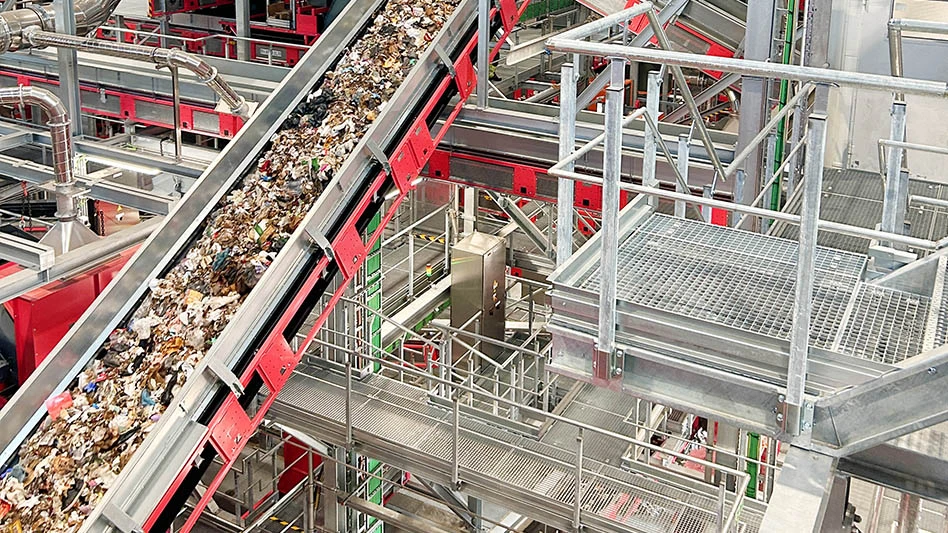
Pittsburgh-based Montauk Renewables Inc. says it has acquired NR3 LLC. The acquired Greensboro, North Carolina-based firm is described by Montauk as specializing in “the recovery, refining, and recycling of natural resources from the waste streams of modern agriculture.”
Montauk, which says it historically is focused on the environmental compliance and recovery of methane from landfills, commissioned what it calls its first agriculture waste-to-energy cluster project in August 2020. The company says it sees the NR3 acquisition as potentially “expanding its focus on decarbonization projects and the remediation of environmental and social issues surrounding industrial agriculture in underserved communities.”
Following the acquisition, Montauk says it will seek to “deploy [the] specialized, patent-pending, near-zero-emissions technology of NR3, which, through a commercially proven process, converts animal and agriculture waste into forms of environmentally friendly, 100 percent organic, renewable energy alternatives that can replace the three-primary fossil fuels of the global energy infrastructure: oil, gas and coal.”
Montauk says it also has retained the founders of NR3, Joe Carroll and Martin Redeker, who it describes as long-time members of the agricultural community in North Carolina. They will remain leaders of the new business division that is expected to focus initially on the swine industry.
According to the National Pork Producer’s Council, the more than 60,000 pork producers in the United States combine to annually market more than 115 million hogs.
Montauk says it is now in the late stages of evaluating a five-year, 20-unit development cluster project that could initially deploy the NR3 technology to be available to convert “a significant portion of the 15-million tons of animal and agricultural waste produced annually by North Carolina swine farms into environmentally sustainable, economically viable, renewable energy.”
This initial cluster project will seek to optimize revenue streams from swine waste lagoon close-outs, and in particular lagoon waste that cannot otherwise be processed through conventional digestion technology. It is expected each unit will be capable of processing up to 15 tons per day of animal and agricultural feedstock into varying amounts of renewable natural gas (RNG), bio-oil and biochar.
The project could entail cumulative capital investment in the $100 million to $150 million range and could be accretive to earnings “approximately half-way through its five-year development cycle,” says Montauk.
Latest from Waste Today
- FZUK announces new commercial director
- Small-scale WTE partnerships
- Northwest Natural Renewables proposes Ohio landfill project
- US Senate backs reduced cuts to EPA
- Waste Connections announces Q2 results
- Returnity and Cosmoprof to address reusable bag waste
- SWANA releases report on aging WTE facilities
- New economic assessment reveals cost benefits of California’s SB 54





